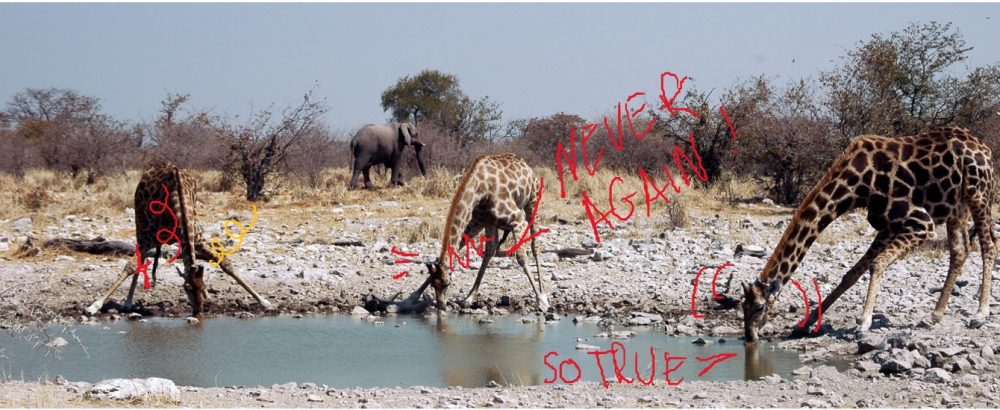This post is also available in Dutch .
Young people experience hangover as a form of social bonding, which could explain why they keep overconsuming at parties.

A hangover shared with friends makes it more bearable. Picture taken by Giraud Patrick. License (CC0).
Hangovers don’t just bring headaches and nausea but also leave you feeling sad and “down” in general. While you can battle the physiological symptoms with pills, the feelings of shame, regret or sadness aren’t as easy to get rid of. Recent research hints that sharing a hangover with friends makes it more bearable.
What do we know about hangovers?
It is a bit ironic that humans have been drinking for ages and we still don’t know much about the science of hangovers. Researchers have studied the effects of alcohol consumption intensively (check out our previous blogs). However we still know little about the after-effects of drinking that depend not only on alcohol consumption, but on other factors such as personality traits, alcohol metabolism or family history of drinking. Only recently have researchers started to investigate the effects of hangovers on emotions, increasing anxiety and decreasing positive mood, for example. A team of researchers from the University of Bath studied the experience of hangovers and post-drinking behaviours in college students. All participants reported feeling sad, low and irritated when they had a hangover after drinking too much the day before. The “down” feeling accompanying hangovers can be explained by the properties of alcohol. First, during the actual drinking, alcohol brings about feelings of joy and social ease, but then it hits you hard with sensations of fatigue and tiredness. This emotional rollercoaster is caused by so-called biphasic properties of alcohol. In spite of the unpleasant experience of having a hangover, none of the students surveyed were thinking about reducing their level of alcohol consumption. On the contrary, the results suggest that sharing the experience of hangovers with fellow students can help strengthen their social relationships. Particularly, hangovers are seen as a part of a social ritual during which they ruminate about the events from the night before.
Hangovers are only “social” for young people
Animal research has shown similar results in experiments with rats. After 18 hours of intoxication, young mice play-fought with each other in the “recovery” (hangover) period more that the elderly rats, that didn’t show this social facilitation-type of behavior. This might explain differences in drinking behaviours in humans as well, since rats and humans are both mammals. It is an interesting finding that shows that only young individuals are willing to socialize during a hangover.
Alcohol has been found to affect the volume of the prefrontal cortex, a brain area important for planning and decision-making. Considering this, overconsuming alcohol can be particularly devastating during adolescence, when the prefrontal cortex is in high speed maturation. Despite this, scientists highlight that the effect hangovers may have on the academic achievement of young people is still unknown. However, the unpleasant symptoms of hangovers are undeniable. Keeping these in mind, plan your hangovers such that they won’t affect your productivity the next day…and don’t forget to call your friends to reduce the sorrow!
Written by Lara. Edited by Roselyne.
Donders Wonders Warns: Overconsumption of alcohol is detrimental for your health.
